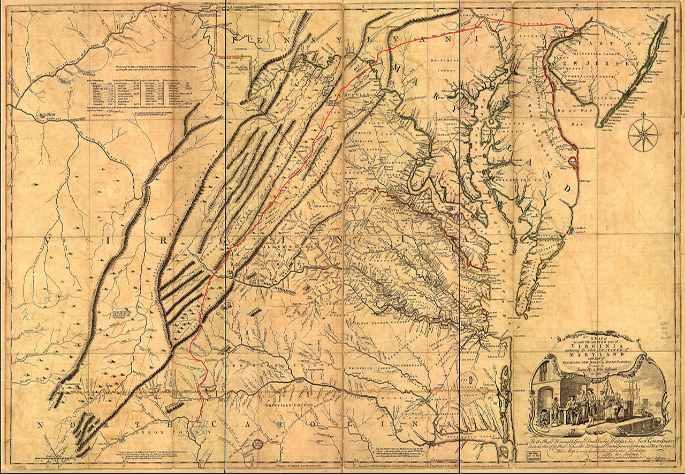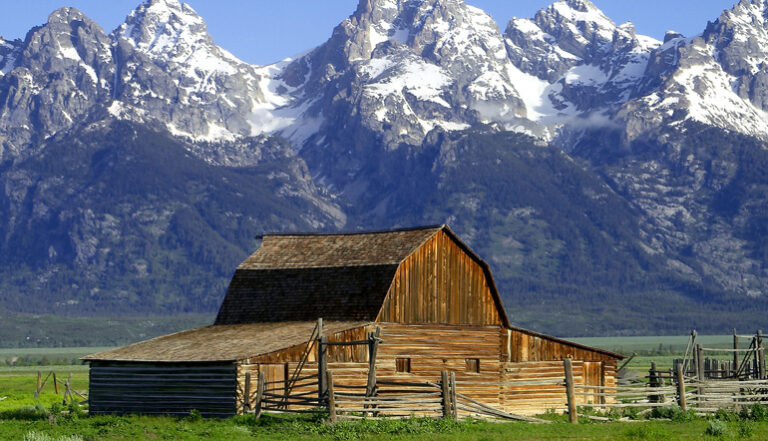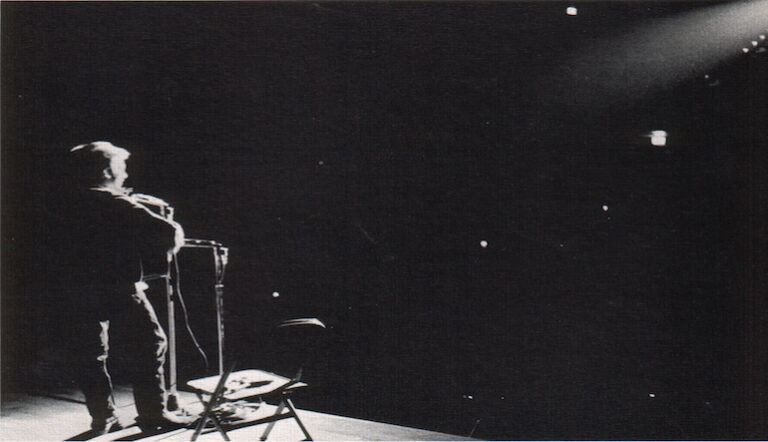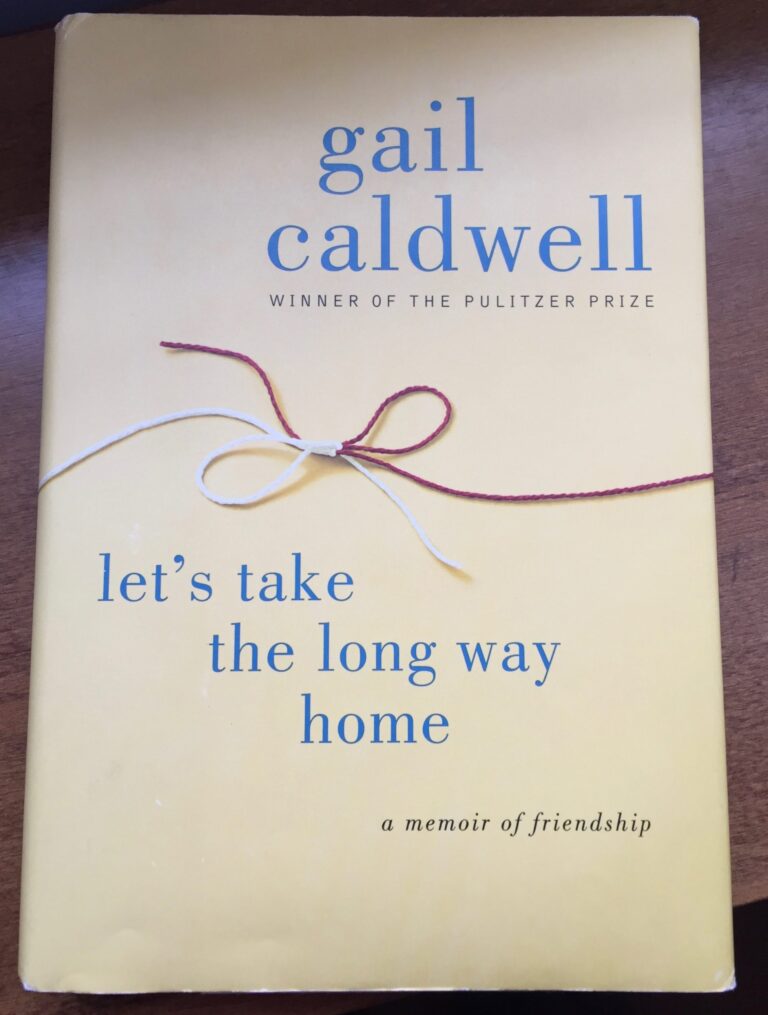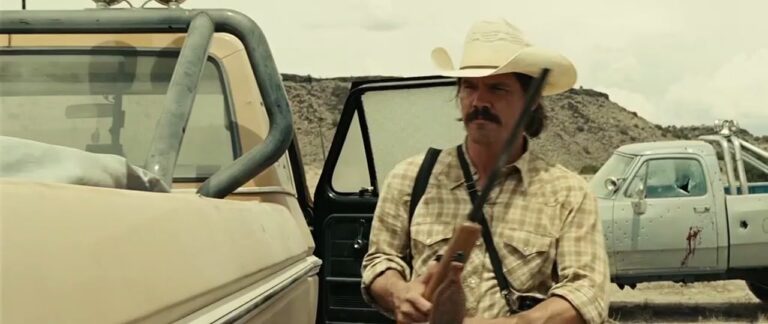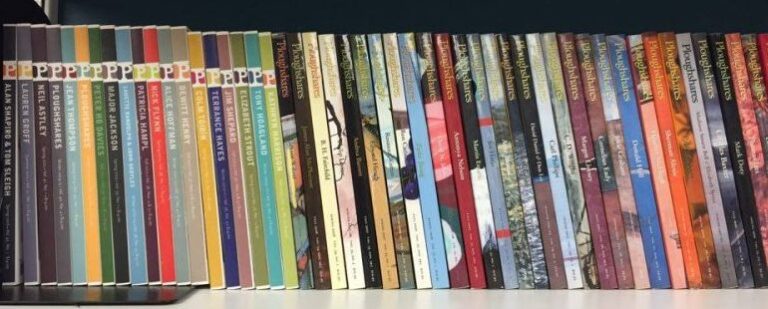NOTES ON THE STATE OF VIRGINIA: Journey to the Center of an American Document, Queries XIX-XXII
In these sections of Notes on the State of Virginia, Jefferson concludes his meditation on American liberty with a pecuniary focus that seems strange at first. These four queries are about money.
